9 Brilliant Tips Mini-Importation Newbies Absolutely Need
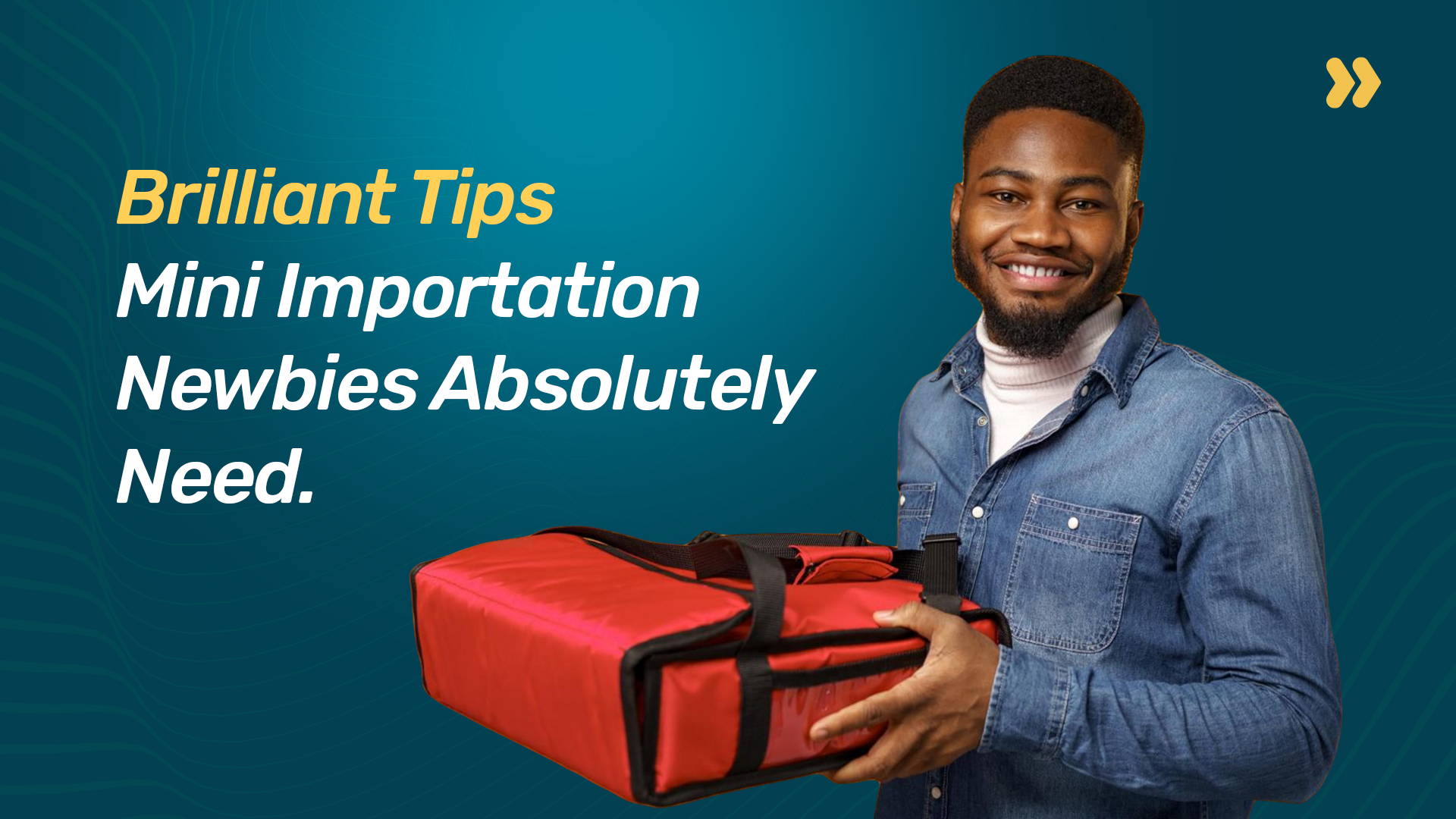
Are you new to mini-importation? Have you ever asked yourself: How can I be successful at mini-importation? Or have you even brought in your first shipment to Nigeria but despite your best efforts, no one seems to be buying? Quite frustrating, right? While it is easy to read guides on how mini-importation works, things often don't go to plan.
If you are new to mini-importation, you might feel like it's challenging to succeed and build your business. But, with the proper knowledge and preparation, you can increase your chances of success. Here are some tips for new mini importers that will help you succeed.
Tip 1: Know how much demand there is for your product.
Knowing how much demand there is for a product can help a new mini-importer figure out whether they have a good market for the product. Skipping this could result in a big waste of resources because you might not be able to sell many products or make money. You must know how much demand there is for your product. If you don't, you might buy too many products and end up wasting money or too few and disappoint your customers.

So how do you know how much demand there is for a product? There are many ways to do this. One way is to look at similar products already on the market. Another way is to look at how many people buy similar products online. You can also carry out product demand analysis. Start by finding out what customers want from their purchases. For example:
- What are they buying?
- Why do they buy this item?
- How often do they buy this item?
Once you have identified what consumers want when buying the item, look at market trends to determine whether those needs still apply today.
Tip 2: Build relationships with your suppliers
One of the best ways to increase your chances of success as an importer is to build relationships with your suppliers. You can do this by being friendly, respectful, and professional. This will help you to create a lasting relationship with your suppliers. Your suppliers will be more willing to help you, give you special pricing, or expedite shipments when necessary.
Tip 3: Use data to make informed decisions.
Data is essential to making informed decisions. You should not rely on your gut or emotions to make decisions. Instead, you should have a data strategy that uses data to make informed decisions. For example, data can help you to understand demand, predict sales trends, and identify areas for improvement. You can use data, such as shipment and sales data, to show which customers to sell your products to. This will help you to sell more products, which will help you to be more successful in this industry.
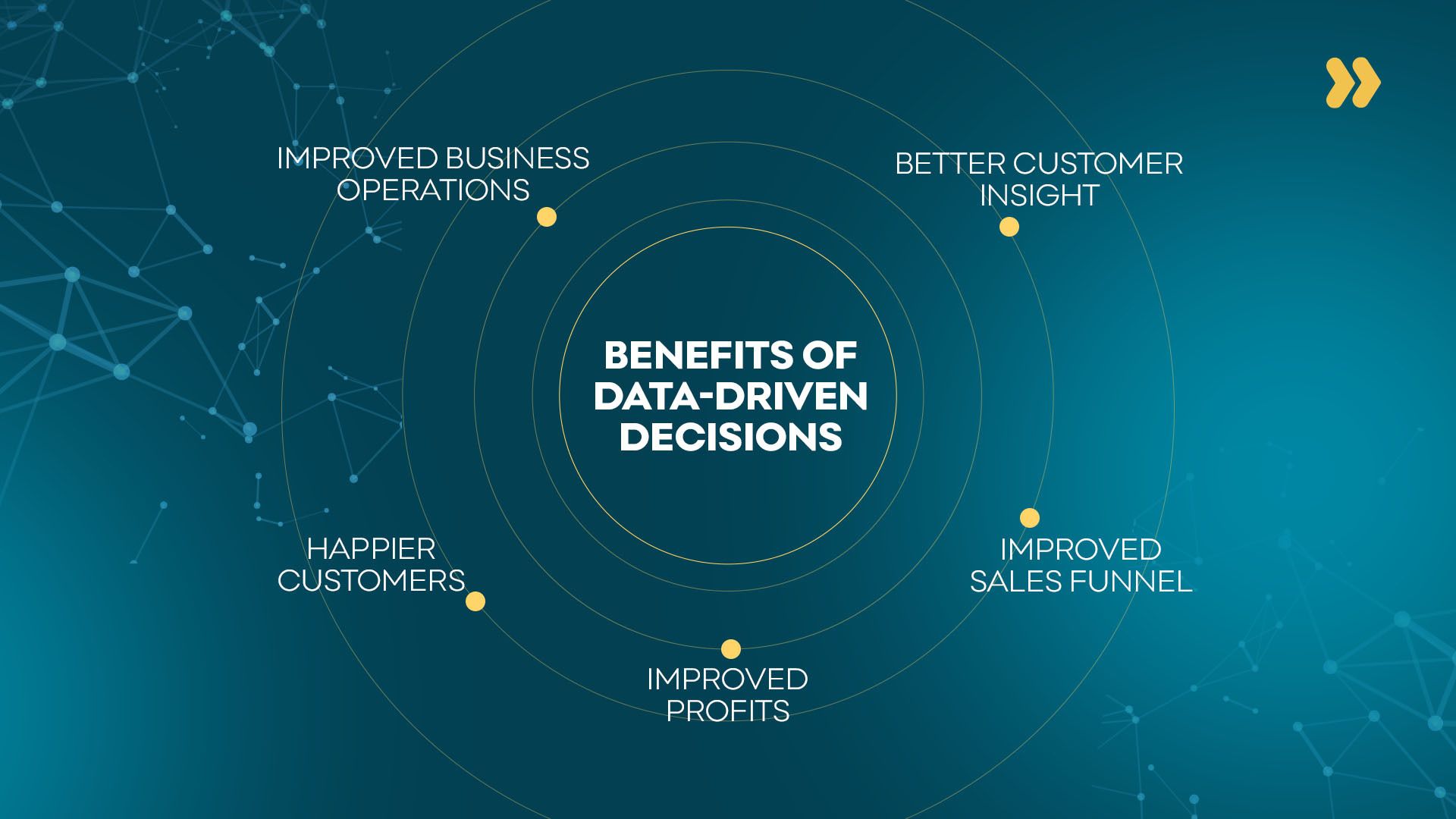
An essential step in this process is establishing an accurate picture of what's happening within the company. This should involve gathering as much information as possible from various sources, including internal data, customer feedback, sales intel, and social media posts. Once you have a clear picture of your current situation, it will be easier to determine how to move forward. For example, if there's a rising trend in the popularity of your product, but sales are not so great, it might be time to do something different.
Tip 4: Decide on your profit margin
Before you start importing products, you have to decide on your profit margin. You don't want to lose money on every product, but you also don't want to sell your products at a very high price. You have to consider the cost of the product, shipping, and the profit margin. You also have to consider the price of the product in Nigeria.
Once you know these numbers, you can set a price for your product and decide how many products to import. For example, you want to buy iPhones on Amazon and ship them to Nigeria. The cost of an iPhone 13 Pro on Amazon is $852 (N611,736), the shipping cost using Heroshe is $8, and you want a profit margin of 20%. That means you sell it at $1024 (N735,232). The same phone retails at N820,000 ($1,142) in Computer Village! This opens up more business opportunities for you as you can partner with some phone dealers.
You can choose between two types of profit margins: fixed and variable. A fixed profit margin means that you set your price and make a fixed amount of money on every sale. This is the most common type of profit margin for mini-importers. A variable profit margin means setting your price and adjusting it each time you sell a product. This makes you more money if your products are in high demand.
Tip 5: Don't be afraid to fail – learn from mistakes.
Walt Disney, Peter Thiel, Lawrence Ellison, and Jeff Bezos all share one thing. They didn't let their past failures define them. As a business owner, you shouldn't have a crippling fear of failure. This fear can make you hesitant to try new things and take risks. But, this is a negative approach to the industry. Instead, you should take risks and learn from your mistakes. You should try new things and take risks to grow your business.
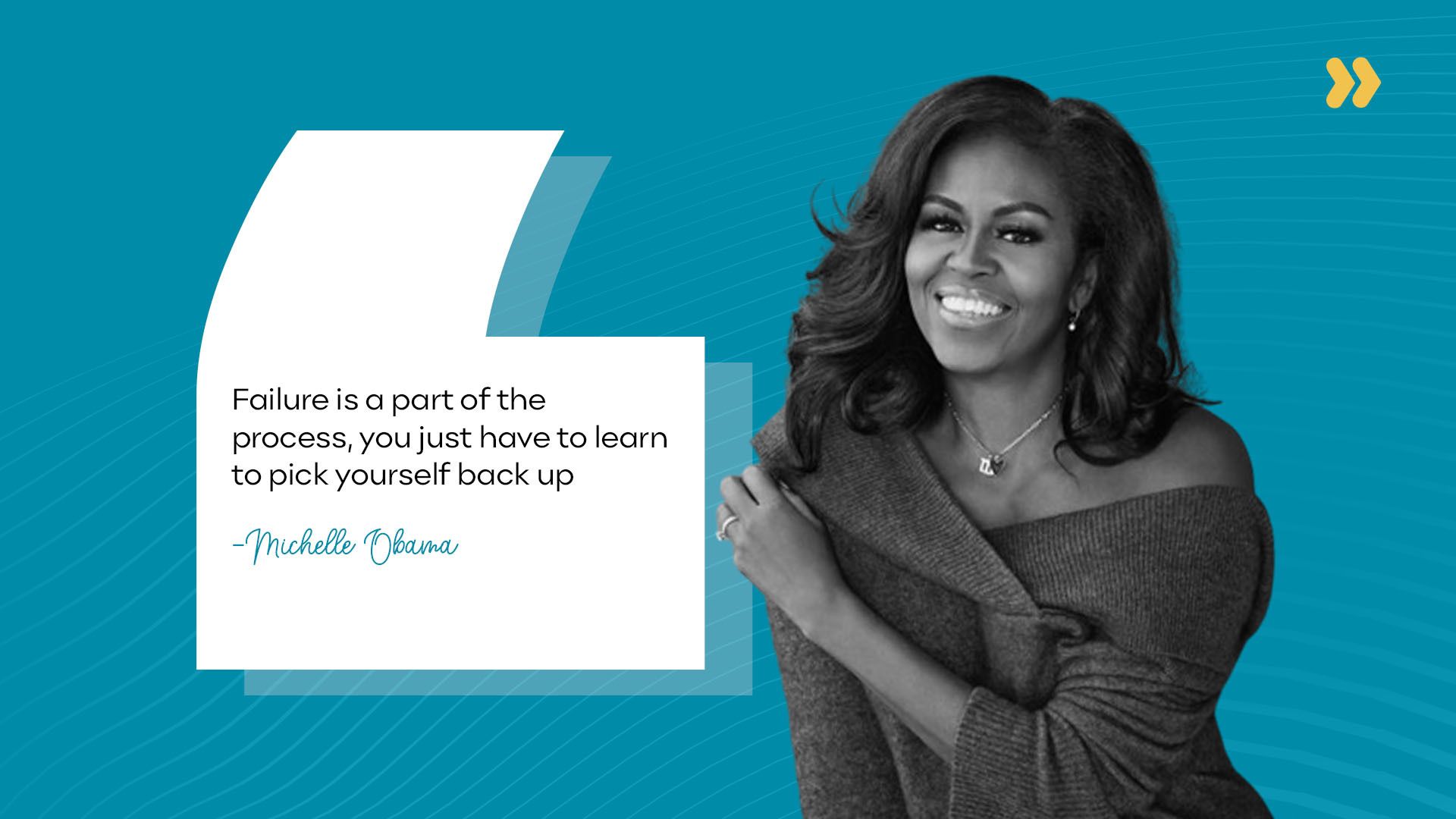
Tip 6: Have a firm grasp of your expenses.
Every mini-importer has to be aware of their expenses. You have to be able to track your sales and expenses to keep track of your profit. There are many accounting software and apps available that can help you track your expenses. When you track your expenses, you can quickly figure out how long it will take for you to make a profit. You can then make changes or improvements depending on the results of your analysis.
Tip 7: Build relationships with your suppliers
One of the best ways to increase your chances of success as an importer is to build relationships with your suppliers. You can do this by being friendly, respectful, and professional. This will help you to create a lasting relationship with your suppliers. Your suppliers will be more willing to help you, give you special pricing, or expedite shipments when necessary.
Tip 8: Stay ahead of the curve by taking advantage of social selling.
For many years, mini importers have been selling their products in Nigeria through online channels. But with the rise of social selling, you can now easily reach an international audience.
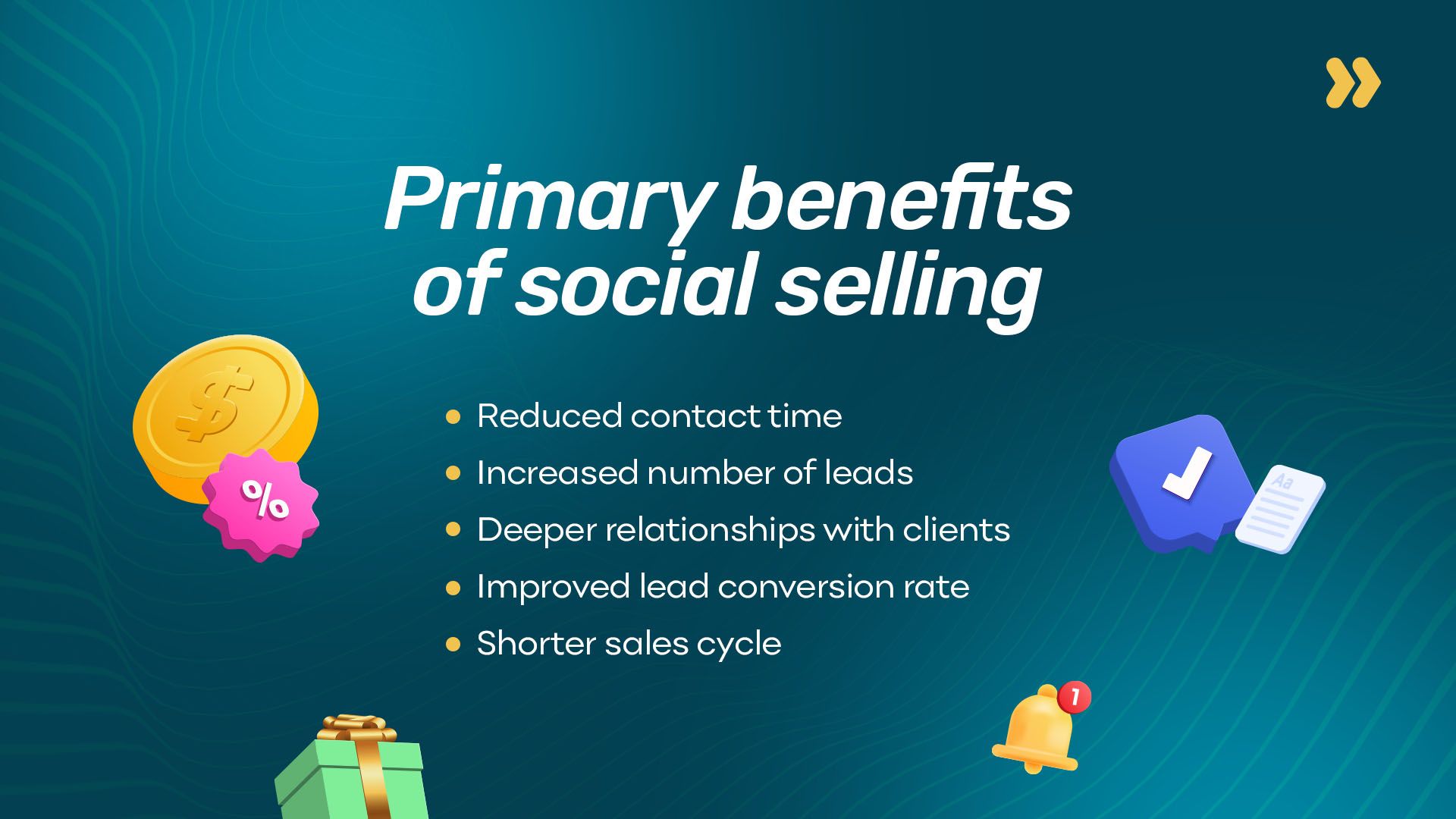
It does not matter what industry or niche you are in; there's always a target audience on social media. Ignoring them means sooner or later, someone else will snatch up all those opportunities for themselves! Social selling is a fantastic tool for mini-importers as it gives access to different markets. It also provides exposure beyond your country's borders.
Tip 9: Use a Reliable Shipping Company
Once you get your products, it's time to ship them to your customers. We strongly recommend that you use a reliable shipping company. There are many shipping companies, and it's easy to get confused. You want to ensure that you use an efficient, reliable company with competitive rates. A good shipping company will ensure your items get shipped from the U.S. to Nigeria in a short time. A good shipping company should have up-to-date technology and efficient communication. A good shipping company will help you clear your goods from the port at no additional cost and provide insurance.
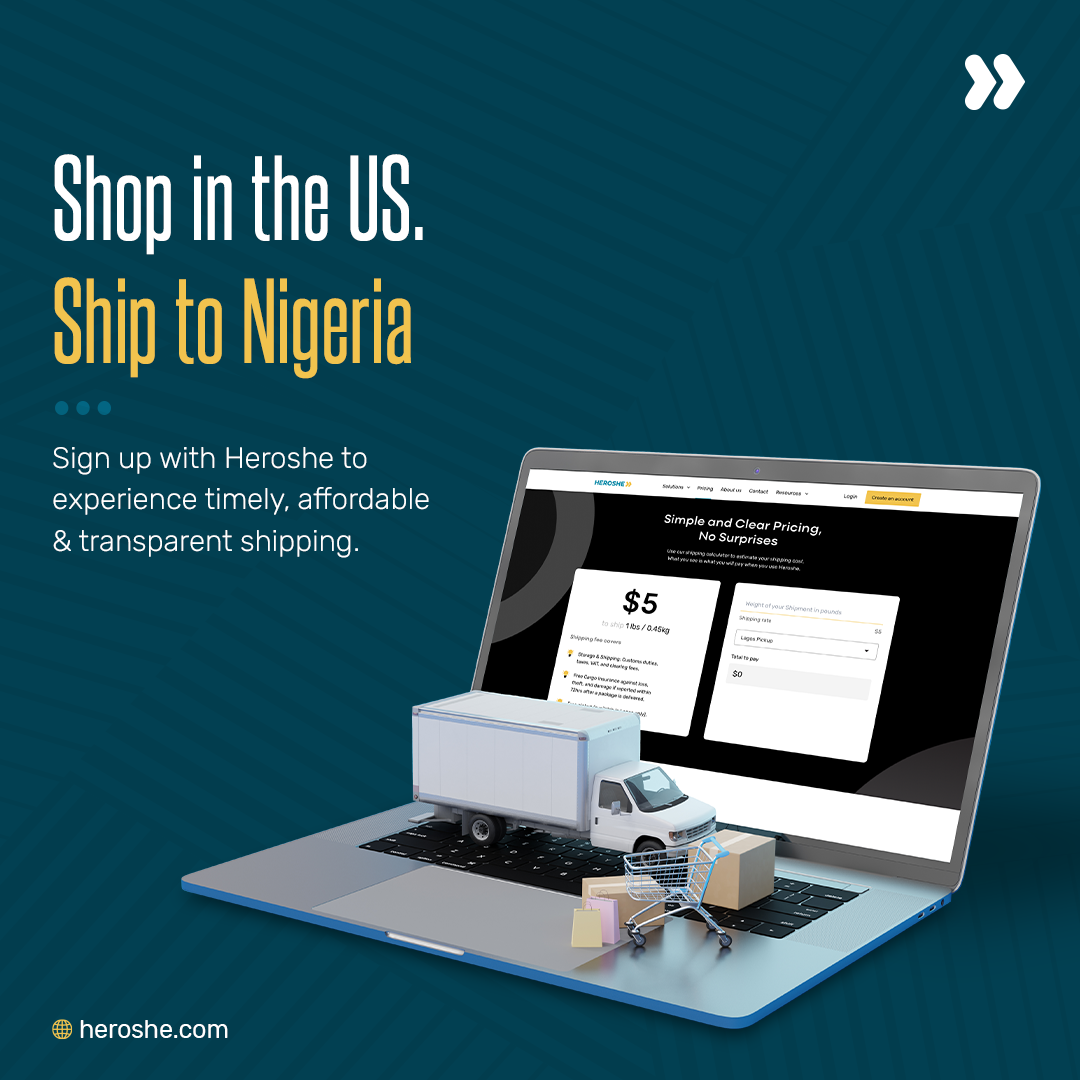
That's where Heroshe comes in. We are your trusted buddy for all your shipping needs. While you may know that we ship a wide range of items like phones, shoes, and laptops, do you know that we sometimes ship grand pianos? Shipping from the U.S. to Nigeria takes 10-14 working days and costs only $8 per lbs.
Leave the shipping to us so you can handle all other aspects of your business. We have been helping mini-importers like you since 2019, and we know how much work goes into getting started—and keeping it going! You can schedule a call today to discuss your shipping needs. You can stay up to date with the latest from Heroshe on Facebook, Twitter, Instagram, and LinkedIn.

